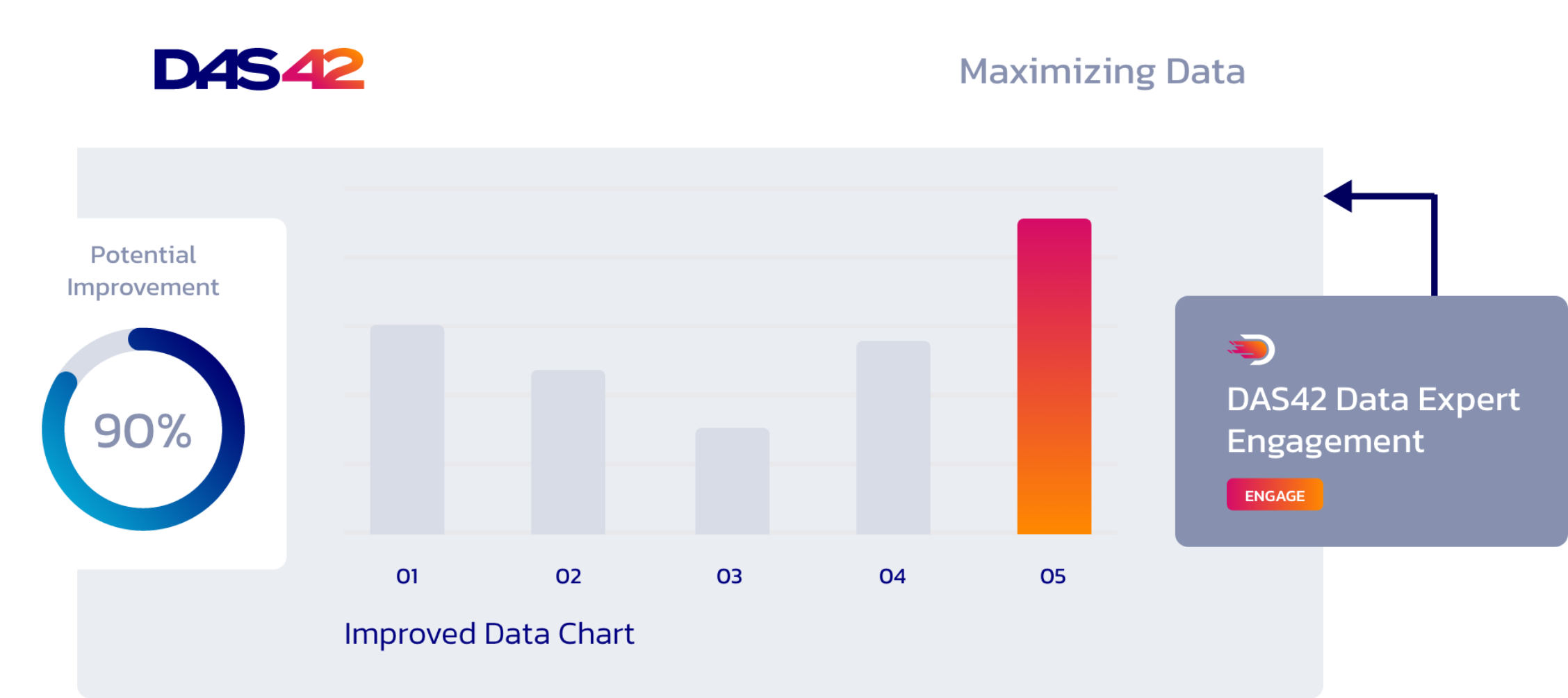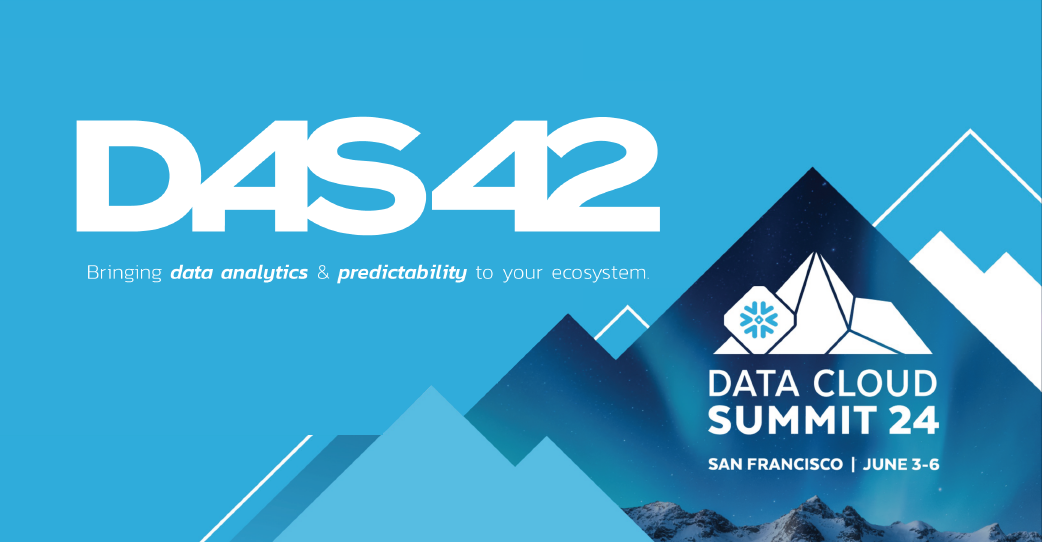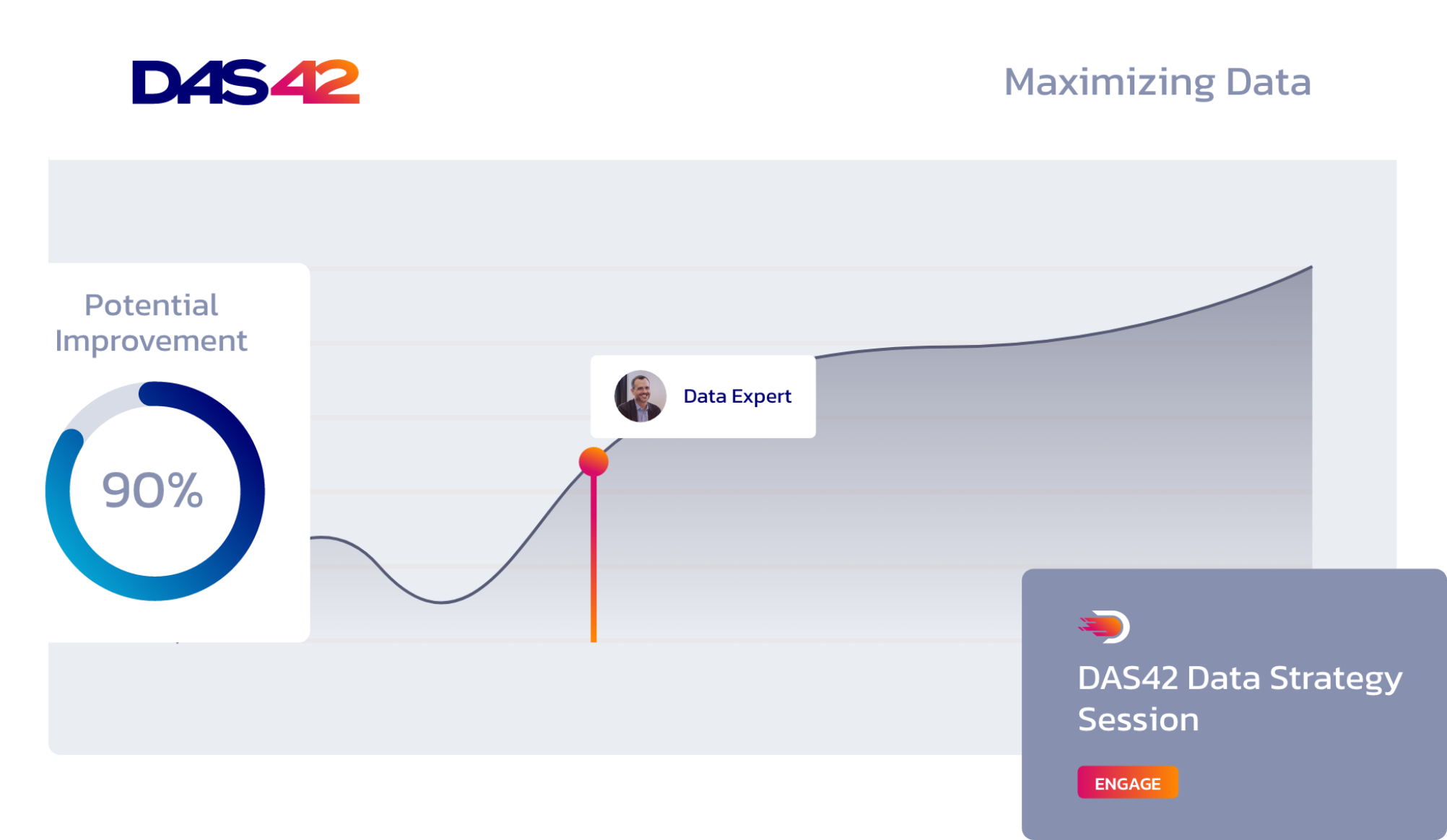In today’s business climate, success is no longer dictated by who has the best product, customer experience, or promotional campaign. Now, a company’s greatest competitive advantage are the insights found in their data.
Consequently, data governance has become a buzzword across nearly every industry. From ecommerce to health care to home entertainment, every organization benefits from a centralized, organized dataset that incorporates all aspects of its business. With the proper data governance, multiple teams can access and monitor details, including supply chain issues, promotional campaign performance, and customer behavior.
But in practical terms, what does data governance actually entail? The definition can shift from company to company, resulting in confusion around its best practices. That uncertainty both hampers business performance and threatens regulatory compliance.
As proper data management grows more crucial to business success, a holistic, multifaceted approach yields the best results.
True data governance stems from a comprehensive approach to data
A data governance program begins with an organized foundation. In most organizations, data supply chains can involve multiple vendors and third parties. Without streamlining this information into a single source of truth, any insights from data analytics will be useless.
Consequently, even before a technology solution can be introduced to aid in data management, some standardized business definitions must be established. For example, the finance team at some companies may use one set of parameters to define revenue while its operations team may use another. When figures like these aren’t in alignment, your insights diminish in value.
Though there may be legitimate reasons for these differing approaches to satisfying each use case, businesses should apply a distinct and agreed-upon label to every instance. Teams across an organization must work together and reconcile these definitions so their specific functions are clear. That way, the results of data analytics can remain meaningful.
5 ways to start a data quality program
Technological solutions aren’t enough to establish and maintain strong data governance. Learn more about how your organization can build a data-driven culture.
Otherwise, even crucial insights generated by a self-serve data analytics program may yield differing results from team to team. Only an organized and centralized dataset can deliver the best results.
Proper data governance ensures regulatory compliance
The digital marketplace has been a new frontier for businesses to acquire and analyze customer data. But with personal privacy protection a growing priority around the world, businesses must remain in compliance with rapidly shifting regulatory standards.
Passed in 2018, the General Data Protection Regulation (GDPR) restricts the parameters of how a person’s data may be used in the European Union. That same year, the California Consumer Privacy Act (CCPA) instituted similar restrictions in that state. Both of these measures concern protecting a given individual’s personally identifiable information (PII) online. To remain in compliance, businesses need to be focused on the ways they gather customer data and how it is handled afterward.
DAS42 are not legal experts in matters of PII. But we are experienced with designing custom technological solutions to suit these regulatory requirements. Once a customer knows what rules their data must follow, technology can be put in place to limit where data is stored and for how long. Or a process can be implemented to apply anonymization techniques that mask key details of a person’s identity, such as an email address. Depending on your industry, these are crucial needs that are best handled through proper data governance.
As the regulations evolve, some ambiguity around compliance is inevitable. But proper handling of data provides a solid foundation so companies can be flexible and adapt to whatever lies ahead.
Data management requires a combined technological effort
Good data governance is built upon a centralized data source. But no single software can address the technical and organizational challenges required to make the most of that information.
Companies can build an effective and efficient data workflow with the combined capabilities of a data warehouse like Snowflake and the reporting abilities of Looker. But tracking the canonical details within that data poses its own problem. With the addition of a data catalog like Alation, you or your business can also understand the data lineage, which tracks the origin of a dataset, documents any changes, and simplifies the ability to track errors.
Alation integrates with Looker and Snowflake to deliver easy access to canonical reports and tables across both software systems. Instead of relying on reports from a data analyst, even an individual new to an organization can perform their own searches. Then, they can generate their own insights from established business definitions.
A data-driven culture begins from within an organization
Given its inherent complexity, proper data governance demands a cohesive group effort. Even after all the proper systems are in place, data quality issues often fall through the cracks because there’s no single group responsible for their resolution. Consequently, a sustainable data-driven culture demands a cross-functional team called a data quality working group.
This team should draw from the organization’s key stakeholders in its data, which can span its operating structure. Representatives from engineering, finance, analytics, and marketing should all have a seat at the table to ensure these problems are addressed. This group then responds to quality issues, triages their importance, and tracks their status.
When data management is a shared responsibility, a company can be better assured of its long-term success.
Establishing a data-driven culture is neither a simple or straightforward journey. But companies without the ability to readily access and analyze their data may as well be flying blind in today’s marketplace.
But here’s the good news: You’re not alone. DAS42 has the consulting experience to guide your business toward data governance and build a custom solution to suit your needs. From designing technology platforms to facilitating change management within an organization, we’ve been there every step of the way. Contact us when you’re ready to learn more.
Services provided









